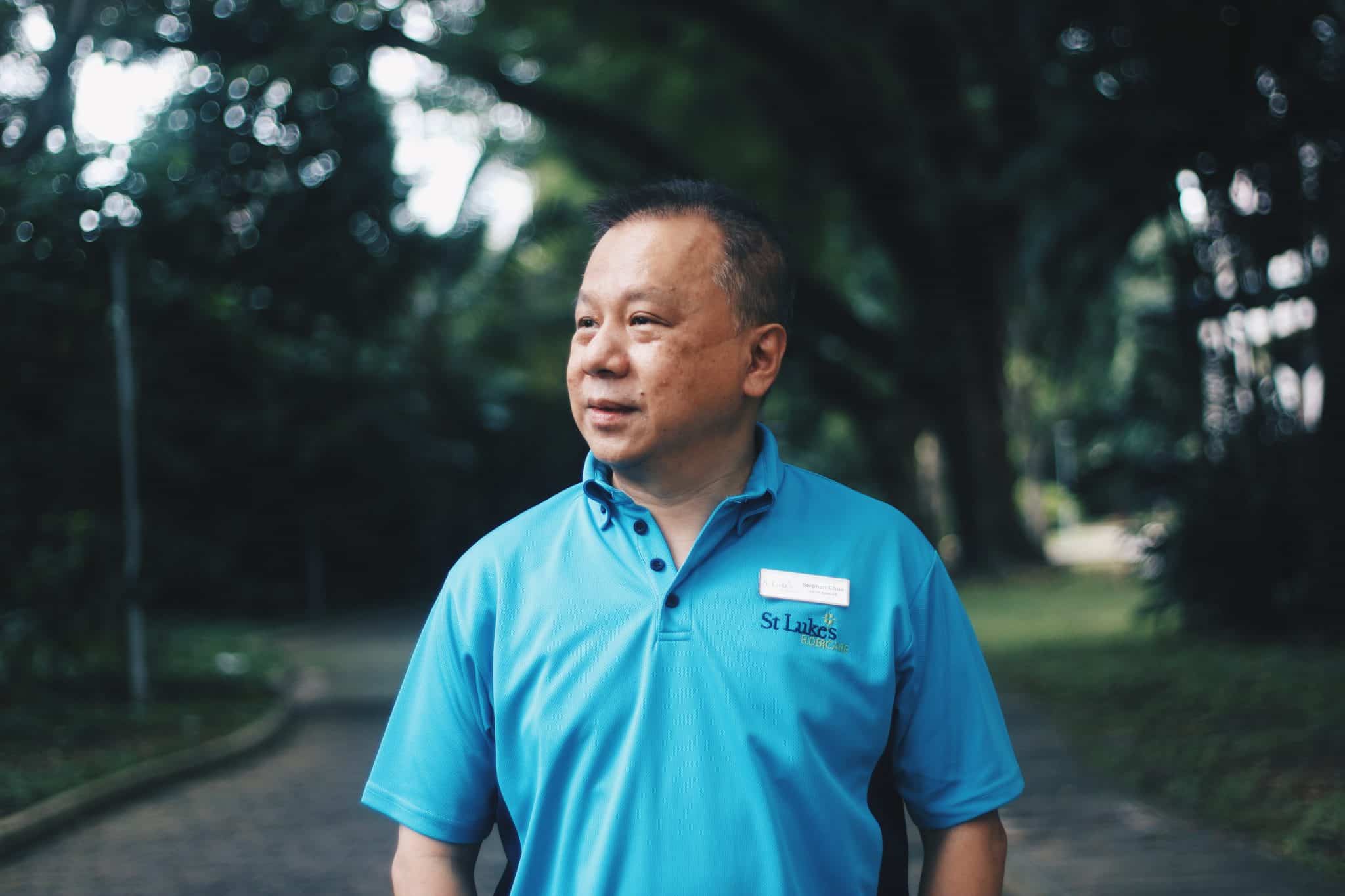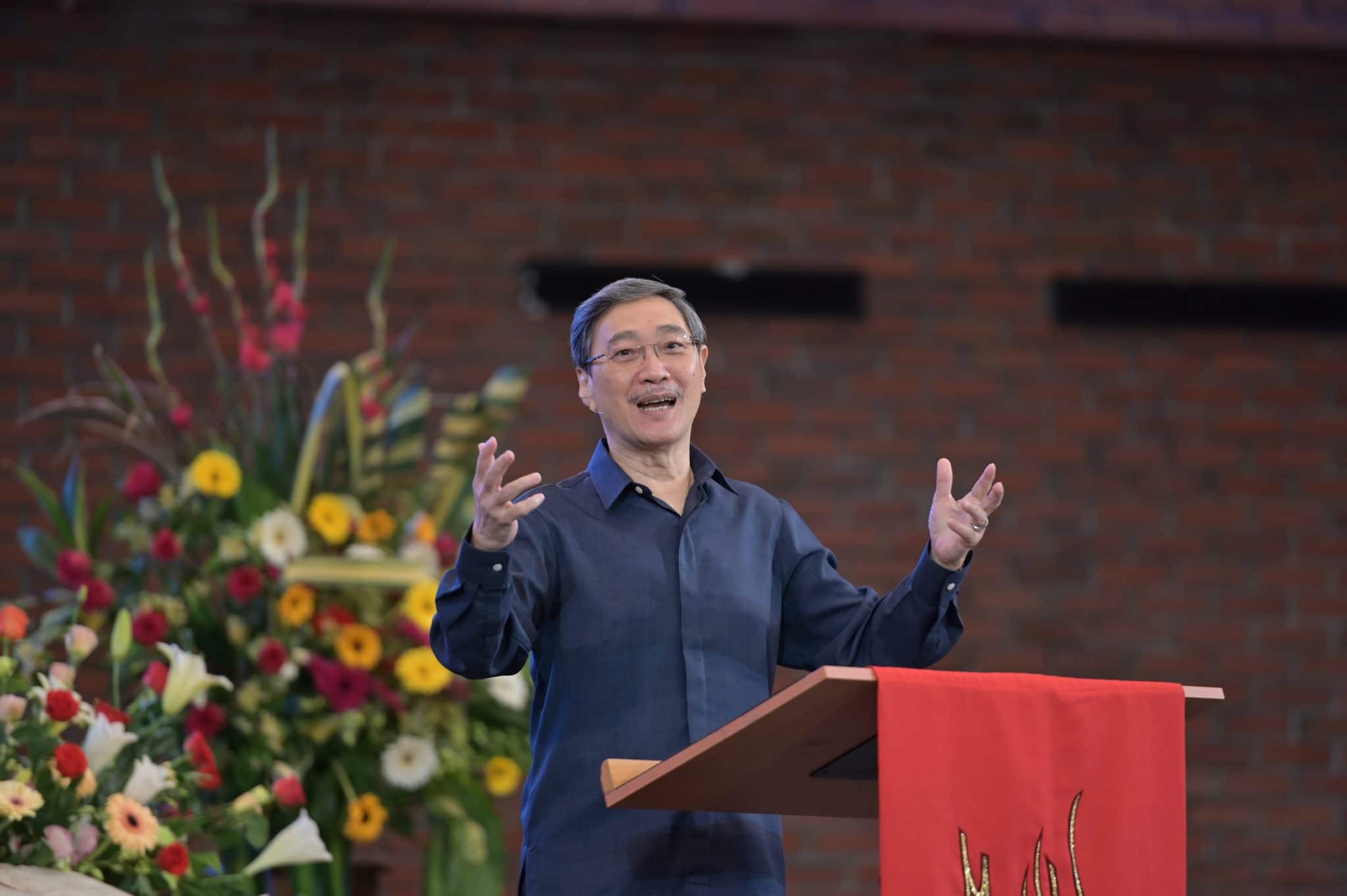
Being good stewards of the resources does not mean living shabbily or going without needful devices or products, writes Darrel Chong, author of Beyond Work. Photo by Emile Seguin on Unsplash.
Minimalism has become fashionable as a lifestyle. In 2016, Netflix released Minimalism: A Documentary About The Important Things. The message resonated with viewers, especially those who had chased the American dream and amassed wealth and things only to realise that they still felt unfulfilled despite reaching the pinnacle of their careers.
Minimalism is not a new concept. The idea of simple living, living more with less, has been widely emphasised in the Bible in verses such as Proverbs 13:7, Ecclesiastes 4:6, Luke 12:15 and Hebrews 13:5-6.
In spite of the call to minimalism, it is easy to slip into self-indulgence in pursuit of material things. The maxim “you only live once” (“YOLO”) sums up the psychology of our generation – do whatever you want; it doesn’t matter what others think.
How should a Christian view the maxim of “YOLO”? If we truly believe we only live once on earth, choosing to be content and living simply to store up treasures in heaven shouldn’t be that hard, should it?
Three benefits of simple living
1. Less baggage, more liberty to obey
Simple living is not an end in itself but a lifestyle that realigns our focus on God (2 Timothy 2:4).
When we live simply, we disentangle ourselves from striving for earthly achievement or possessions, and have greater liberty to obey the Lord, our Commanding Officer. As a matter of fact, it is harder to obey Him when we try to maintain an extravagant lifestyle.
Living modestly is seldom discussed in Christian circles.
A question my relatives commonly ask during the once-a-year Lunar New Year gathering is: “Do you own a private apartment?”
In Singapore, home ownership (the kind of home, its size and location) is one way to gauge a person’s success. It is tempting to prove one’s worth by trying to live up to others’ expectations, to upgrade one’s status through expensive homes, cars and belongings. But doing so often means accumulating debts and becoming more embroiled in the rat race with little chance to step out of it.
Burdened with heavy financial commitments, our options are narrowed. We will likely not be able, for instance, to stop working to care for a growing child or switch to a lesser -paying job we might enjoy more. Conversely, when we are not entangled in profligate living, we can be free to make choices based on priorities and values.
2. Freed from the grip of the flesh
Chaos in the marketplace arises from vanity, pride, insecurity, materialism and are fuelled by the desire for more possessions, power and status. (1 Timothy 6:9)
Choosing to live simply can be a challenge.
When we choose to live simply, the voice of the flesh and the lure of the world lose their grip on us. Humility is an important aspect of a Christlike character. It includes living modestly – something that is seldom discussed in Christian circles.
Choosing to live simply can be a challenge, especially if one has the means to live lavishly, stretch one’s resources or borrow to finance a luxurious lifestyle. But when we depend on future income to sustain a lifestyle, the ways of the world will have its fingers firmly wrapped around us.
For instance, in choosing not to entertain my clients in ways that compromised my faith, I risked being sidelined or replaced. If I had mammoth financial obligations, it would be harder hold my ground and risk the consequences.
3. Spend less on self, give more to others
One can be rich and still choose to live simply. It is a choice, not determined by one’s income. The culture of our times “approves” our self-indulgence; lavishing wealth on ourselves. But what if we live modestly? Won’t we have more resources to be generous to others in need then?
“Tell those who are rich to do good – be rich in good works. And tell them they should be happy to give and ready to share.” (1 Timothy 6:18)
We may think this verse applies to the top 1% earners or the super rich. But I would suggest that this verse also refers to anyone who is at least middle-class and living in developed countries.
The Lord has blessed us with the ability to create wealth. Unfortunately, many still feel poor, living from pay check to pay check.
The privilege of contentment
Living a simple life does not mean living shabbily or going without needful devices or products. It just means being good stewards of the resources available to us.
The meaning and extent of simple living will differ between individuals and families.
As I grow older, I find it meaningless to endlessly pursue things, position or vain experiences (Ecclesiastes 2:10-11). Allocating time and energy to what is purposeful seems more fulfilling. It is a privilege to have a simple life, manage the costs of living, stay humble, and spend within my means.
Think about it: it is a wonderful privilege to have a choice to live simply for there are many who are simply trying to live.
We are all at different stages of our faith journey. The meaning and extent of simple living will differ between individuals and families. May we take a moment to consider what it means for us.
Hopefully, in the process, we will discover the posture of contentment as Paul put it: “I have learned the secret of being content in any and every situation, whether well-fed or hungry, whether living in plenty or in want. I can do this through Him who gives me strength.” (Philippians 4:12-13).
This is an excerpt of Beyond Work: The marketplace is an integral part of a Christian’s faith journey and has been republished with permission. Find out more about the Beyond Work project or purchase the book here.
“God is bigger than chilli padi!”: How the Unlabelled Run is transforming lives
We are an independent, non-profit organisation that relies on the generosity of our readers, such as yourself, to continue serving the kingdom. Every dollar donated goes directly back into our editorial coverage.
Would you consider partnering with us in our kingdom work by supporting us financially, either as a one-off donation, or a recurring pledge?
Support Salt&Light



